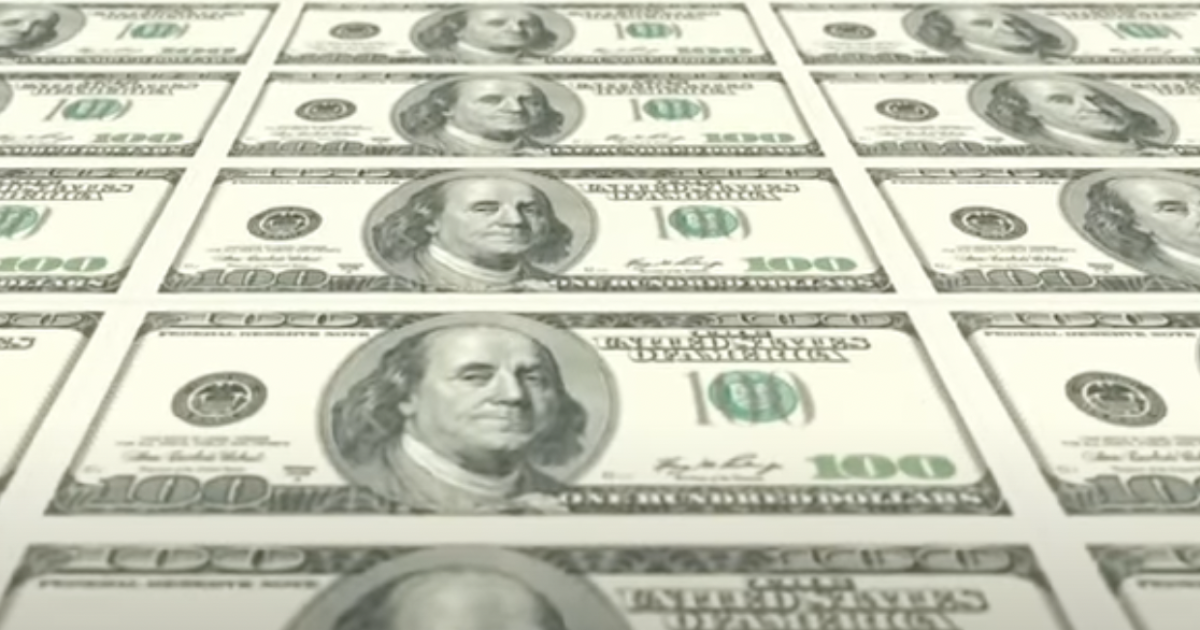
The city of Chicago recently approved what is expected to be one of the nation’s biggest basic income programs. This program will grant 5,000 low-income households $500 monthly.
This program would use federal funding from the pandemic stimulus package that was passed earlier in 2020.
Chicago Mayor Lori Lightfoot put forward this program as part of her 2022 budget. The program totals out to slightly over $31 million.
It was voted on this past week. The program is a one-year trial that is being funded by the roughly $2 billion Chicago obtained from the Biden administration’s American Rescue Plan. Most Chicago’s 50 aldermen back this plan.
One weird twist is how the Black Caucus, made up of 20 members, opposed the current plan. Instead, they wanted to re-allocate money towards violence prevention programs.
Lightfoot drew from her childhood experience of living in Ohio, when her family was financially struggling.
“I knew what it felt like to live check to check. When you’re in need, every bit of income helps,” she tweeted.
Basic income programs have grown in popularity across America ever since Stockton, California began supplying monthly unconditional stipends to 125 low-income residents in 2019.
Ever since Stockton rolled out its basic income program, 40 other cities have considered or kicked off similar projects to tackle the issue of economic instability. These cities include Compton, Denver, Newark, New Orleans, Pittsburgh, and San Francisco.
A similar program is being rolled out in Los Angeles which will grant 2,000 residents a guaranteed income of $1,000 on a monthly basis for a year.
Basic income proposals have grown in popularity in recent times due to growing economic instability and perceived gaps in wealth take place across the American economy. Andrew Yang’s 2020 presidential run did a lot to popularize the idea of a universal basic income and similar proposals. This kind of program will grow in prominence as the US economy continues to careen out of control.
However, there are people who are skeptical of basic income proposals. Some basic income skeptics believe that guaranteed income programs would discourage people from finding employment and hurt the overall labor force.
Businesses are already having trouble finding workers due to enhanced unemployment benefits and other benefits that make normal work look unattractive when compared to living off the government. According to a recent report by the National Federation of Independent Business
51% of small business owners have job openings they cannot find workers to fill. These figures represent more than double the historical average of 22%.
The fears that basic income skeptics have are somewhat justified. In a saner political economy, a case could be made that the UBI could serve as a replacement to the current welfare system. However, we don’t live in that kind of a political climate.
Basic income programs would just be another spending program stacked on top of the current welfare model, which only fosters dependency, increased spending, and a misallocation of resources that would otherwise be used in more productive sectors of the economy.
If politicians are serious about stopping poverty, they would work to end central banking and gut the regulatory state. Those reforms would do more to reactive America than any spending or basic income program.



